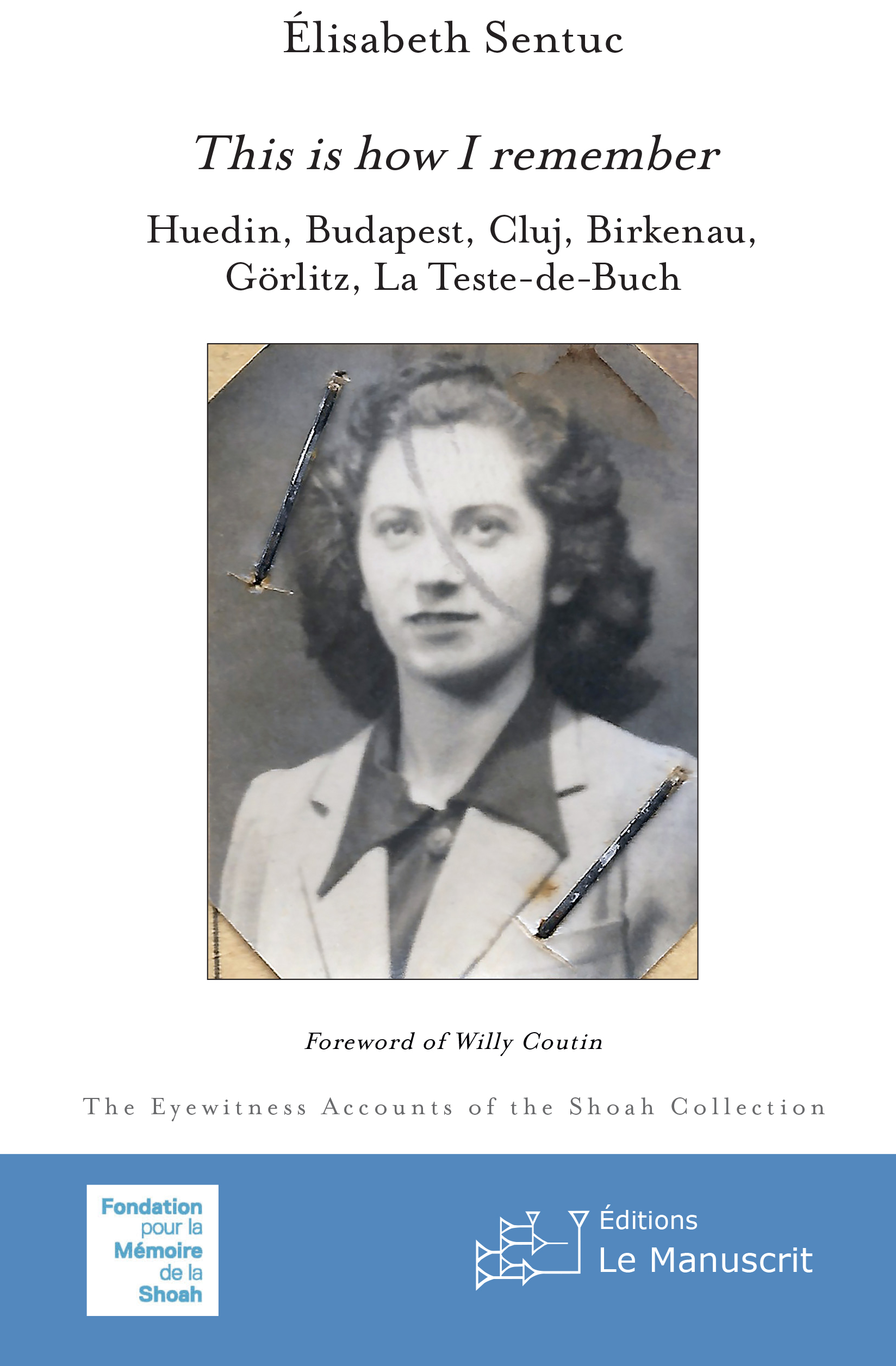Hungary, spring-summer 1944. In less than two months, nearly 440,000 Jews crammed into 147 trains were deported from Hungary to be transported for the great majority to the gates of the Auschwitz-Birkenau’s Krematorium. The Brodi family, from Huedin, Transylvania, arrives there on the night of June 1 to 2. Elisabeth is 20 years old, she will never see her family again.
Elisabeth’s mourning story plunges us into the modest family life, marked by the attachment to the traditions of her parents, within the Jewish community of a small provincial town in northern Romania. This area at the crossroads of the borders, remodeled in the aftermath of the Great War, is annexed by Hungary in 1940 and its entry into the war worsens the persecutions against the Jews. The Brodi family suffers the effects until the invasion of the country by the Nazis (March 19, 1944) which precipitates them in the Cluj ghetto, the last stage before the deportation.
The memory of her family, her strength of character, her endurance forged in the permanent danger of a terrible year and happy encounters, allow Elisabeth to go through hardships. For her new life, she chooses France and to join the one she loves in Gironde. They met in Görlitz (Lower Silesia), in a shelter under the Allied bombardments, she, a slave, he, a prisoner of war, exploited by the Nazi war industry. It was in La Teste-de-Buch that they got married, and that Elisabeth built a beautiful and large family (8 children, 17 grandchildren,…) in the form of victory over the annihilation promised by Hitler. She has never ceased passing on the memory of her family and lavishing the lessons of her courage and resilience to the younger generations for a quarter of a century.

